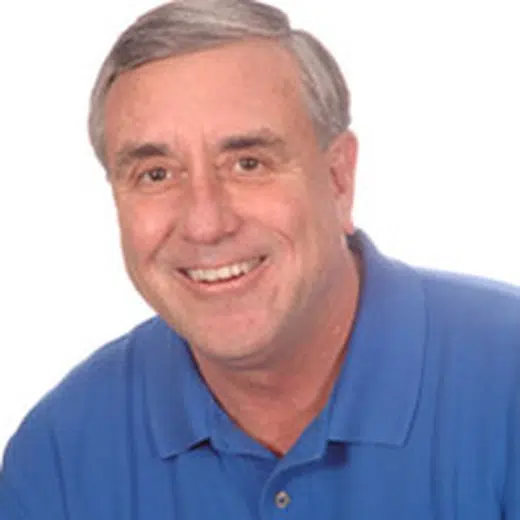By David Lawder
WASHINGTON (Reuters) – White House economic adviser Lael Brainard said on Wednesday the U.S. banking system is “sound” and stable after two bank failures last month, but institutions that fail to show investors they are managing risks effectively may come under market pressure.
Brainard, director of the National Economic Council, told an event hosted by the Semafor news outlet that actions taken to protect depositors in failed Silicon Valley Bank and Signature Bank were “very targeted” on specific risks, adding that discussions about broad changes to Federal Deposit Insurance Corp limits are “on a slower track.”
Brainard said that community banks should be exempted from having to make up losses to the FDIC’s Deposit Insurance Fund from the SVB and Signature Bank failures because “they really didn’t contribute to this instability and that it would be a disproportionate burden for them.”
Asked if there would be more bank failures this year, Brainard said that bank executives were responding to the recent stresses and shoring up balance sheets and working to convince depositors and investors that they “have a good strategy and are managing risk effectively.”
“If a bank is not effective in doing that, then I think, you know, you might still see some investors really pushing harder,” she said, pointing out that she did not see such pressures leading to deposit runs.
Brainard, a Federal Reserve vice chair until mid-February, said she believed that capital stress tests for rising interest rates could have made a material difference in the case of SVB, which had not had a single stress test.
Banks have shown some signs of pulling back on credit following the recent turmoil, but that “could do some of the Federal Reserve’s work for them” on fighting inflation by cooling activity.
Brainard said U.S. Consumer Price Index inflation data that came in below estimates on Wednesday shows inflation easing but more work was needed.
“The economy is actually on a good trajectory for inflation to come down while growth continues at a moderate path,” she said.
(Reporting by David Lawder; Editing by Chris Reese, Kirsten Donovan)




